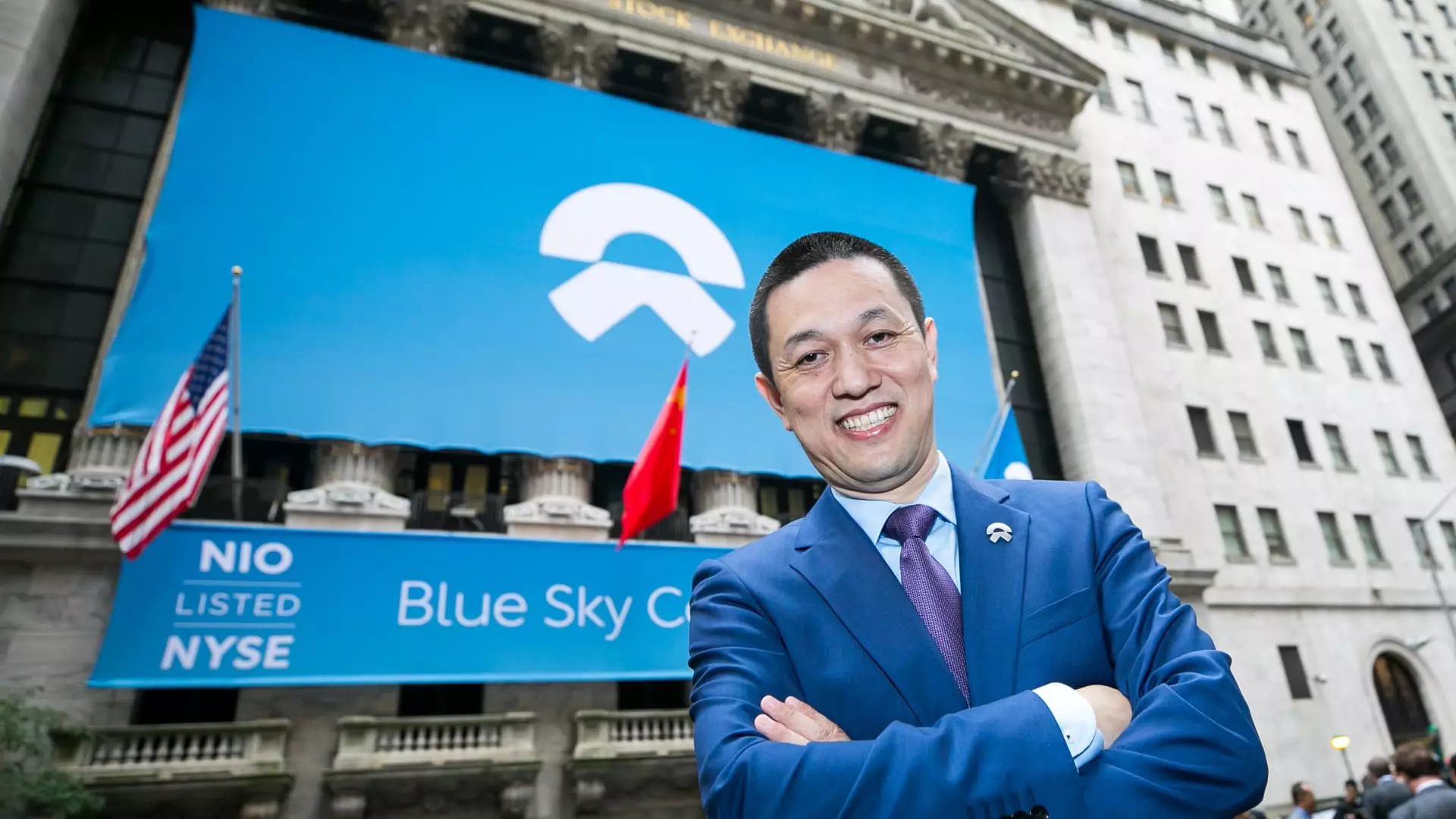In the rapidly evolving landscape of China’s electric car market, companies like Nio and Xpeng are pivoting towards the lower-priced segment with the unveiling of new mass market brands this year. This strategic move is aimed at competing directly with established players such as BYD and Volkswagen, as well as catering to the growing demand for affordable electric vehicles.
Nio, known for its premium electric vehicles priced at around $50,000 or more, is set to release an SUV that will be more affordable than Tesla’s Model Y. This new model, part of Nio’s mass market brand called Onvo, is expected to retail for approximately $30,000, targeting a broader consumer base in China. By expanding into the lower-priced segment, Nio hopes to capture a larger market share and drive sales in a competitive environment.
Similarly, Xpeng, which already offers electric cars in a slightly lower price range than Nio, is launching a new sub-brand named Mona. These cars are projected to be priced below 150,000 yuan, making them even more accessible to Chinese consumers. Xpeng’s Vice Chairman Brian Gu emphasized the company’s focus on bringing advanced technology to the mass market, underscoring the importance of scale and cost control in making this transition successful.
With the introduction of these lower-priced electric cars, Nio and Xpeng are set to challenge traditional players like BYD, which has seen success in the lower end of the mass market. By tapping into this segment, the companies aim to diversify their product offerings and meet the varying needs of Chinese consumers. Moreover, Xpeng’s emphasis on driver-assist software as a selling point highlights the importance of technological innovation in driving sales in the competitive electric car market.
The move towards lower-priced electric cars comes at a time when China’s new energy car market is experiencing intense competition and price wars. With battery-only and hybrid-powered vehicles accounting for a significant portion of new car sales in the country, companies are vying for market share by offering more affordable yet technologically advanced models. Teslas Model Y, a popular choice in the sub-250,000 yuan price range, faces stiff competition from these new entrants.
The shift towards lower-priced electric cars by companies like Nio and Xpeng signifies a pivotal moment in China’s electric car market. By expanding their product portfolios to cater to the mass market segment, these companies are poised to drive growth and innovation in the industry. As competition intensifies and consumer preferences evolve, the success of these new ventures will depend on their ability to deliver value, performance, and cutting-edge technology at competitive prices.

